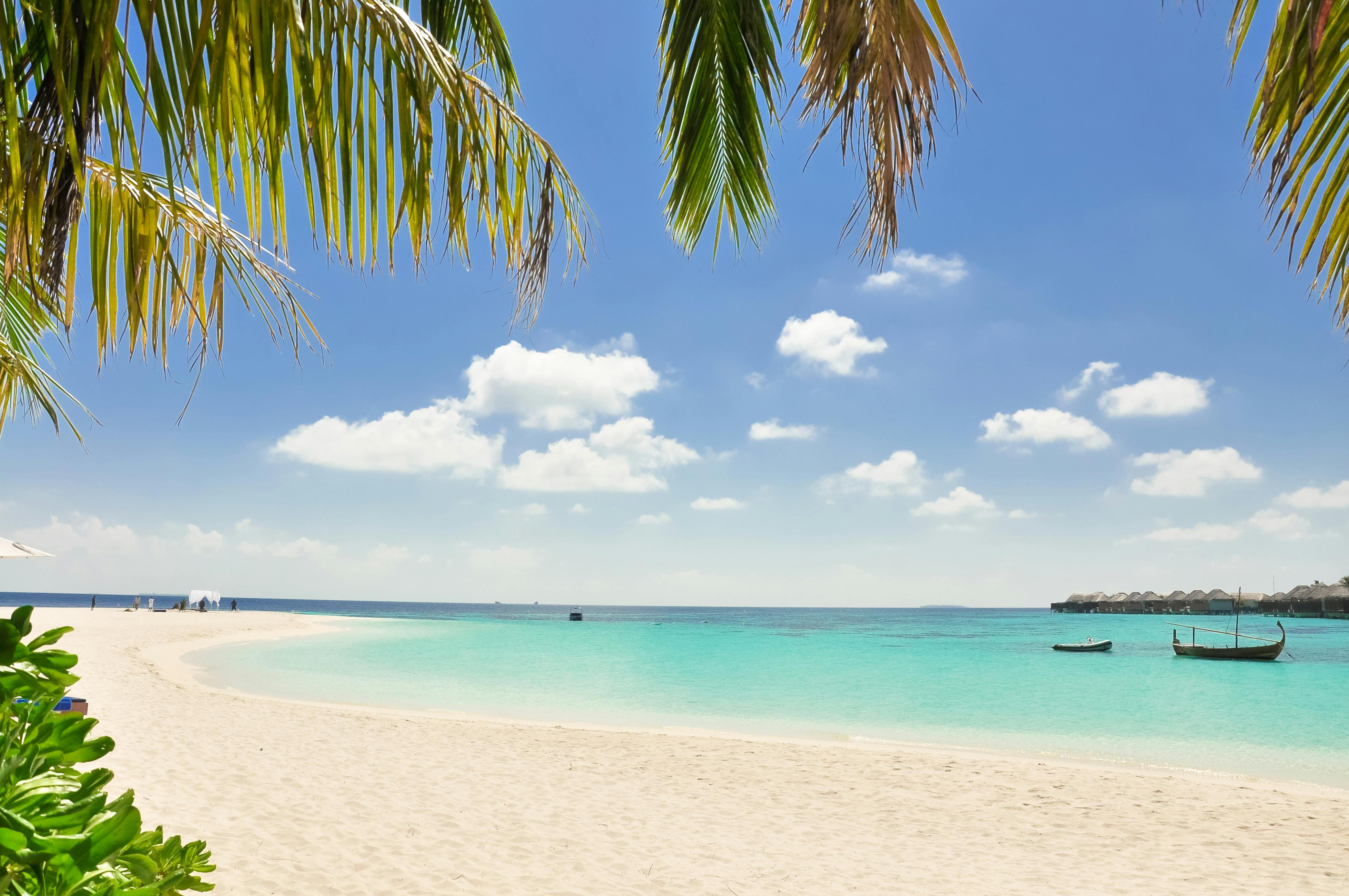Travel Insurance: Your Safety Net for Every Journey

Traveling opens the door to adventure, relaxation, and new experiences. Whether you’re embarking on a dream vacation, a business trip, or a spontaneous weekend getaway, there’s always the possibility of unexpected events — from lost luggage and canceled flights to medical emergencies abroad. That’s where travel insurance becomes essential.
In this comprehensive article, we’ll explore everything you need to know about travel insurance: what it is, the types of coverage available, how much it costs, what’s excluded, and why it’s a must-have for every traveler in today’s unpredictable world.
What Is Travel Insurance?
Travel insurance is a policy that covers unexpected events that may disrupt or impact your travel plans. These include trip cancellations, medical emergencies, lost belongings, and more. A travel insurance policy ensures you are financially protected from unforeseen incidents while away from home.
Why Is Travel Insurance Important?
- Medical Emergencies: Healthcare abroad can be expensive. Travel insurance covers hospitalization, surgeries, and emergency evacuations.
- Trip Cancellations: If your trip gets canceled due to illness, accidents, or natural disasters, you can recover non-refundable costs.
- Lost Luggage: Compensation for lost, delayed, or damaged baggage gives peace of mind.
- Travel Delays: Covers accommodation, meals, and other expenses when travel is delayed.
- Emergency Assistance: 24/7 helplines to help you during emergencies.
Types of Travel Insurance Coverage
1. Trip Cancellation and Interruption Insurance
This coverage reimburses you for prepaid and non-refundable expenses if your trip is canceled or interrupted due to reasons like illness, family emergencies, or weather events.
2. Medical and Health Coverage
Essential if you’re traveling internationally. It covers emergency medical care, doctor visits, hospital stays, and emergency evacuations.
3. Baggage and Personal Belongings
This protects against loss, damage, or theft of luggage and personal items during travel.
4. Travel Delay Coverage
Offers reimbursement for additional expenses when your trip is delayed due to weather, strikes, or other covered reasons.
5. Accidental Death and Flight Accident
Provides benefits to your beneficiaries if you suffer a fatal accident while traveling.
Optional Add-Ons
- Rental car coverage
- Adventure sports protection (e.g., skiing, scuba diving)
- Cruise-specific plans
- Cancel for Any Reason (CFAR) upgrade
- Business equipment coverage
Common Exclusions
- Pre-existing medical conditions (unless covered with a waiver)
- Travel for medical procedures (medical tourism)
- Injuries from risky activities not listed on the policy
- Intentional self-harm or intoxication-related incidents
- Travel against government travel advisories
How Much Does Travel Insurance Cost?
On average, travel insurance costs 4% to 10% of your total prepaid, non-refundable trip cost. Factors that influence the price include:
- Traveler's age and health status
- Destination country
- Trip length and total cost
- Level of coverage and add-ons
- Number of travelers on the policy
Choosing the Right Travel Insurance
- Evaluate your destination and risk level
- List the most important coverage for your needs
- Compare policies from multiple providers
- Read the policy wording carefully
- Check the claim process and customer reviews
Top Travel Insurance Providers
- World Nomads
- Allianz Global Assistance
- AXA Travel Insurance
- Travel Guard by AIG
- Travelex Insurance Services
Real-Life Scenarios Where Travel Insurance Helps
Jane booked a $5,000 honeymoon to Italy. Two days before departure, her husband was hospitalized. Thanks to trip cancellation insurance, they recovered most of the costs.
Mark’s luggage didn’t arrive for 4 days on his trip to Japan. His policy reimbursed him for emergency clothes and toiletries, saving him hundreds of dollars.
Emily fractured her leg hiking in Peru and had to be airlifted to a hospital. Her $60 travel insurance covered the $20,000 evacuation cost.
Travel Insurance and COVID-19
Many policies now include coverage for trip cancellations and medical costs related to COVID-19. However, coverage can vary, so it’s important to confirm if COVID-related issues are included in your plan.
Tips to Maximize Your Travel Insurance
- Buy insurance soon after booking to benefit from cancellation coverage.
- Keep receipts and documentation for all claims.
- Save your insurer’s contact info in your phone and travel documents.
- Use apps or portals provided by your insurer for easier claim filing.
- Read FAQs and ask questions before purchasing.
Final Thoughts
Travel insurance isn’t just a safety net — it’s a smart investment. It gives you confidence to explore the world without the burden of “what ifs.” From minor inconveniences to major emergencies, the right policy can mean the difference between a travel hiccup and a disaster. Protect yourself, your plans, and your memories with a well-chosen travel insurance policy.
Disclaimer: This article is for informational purposes only and does not constitute legal or financial advice. Always consult with a licensed insurance provider before purchasing a travel insurance plan.